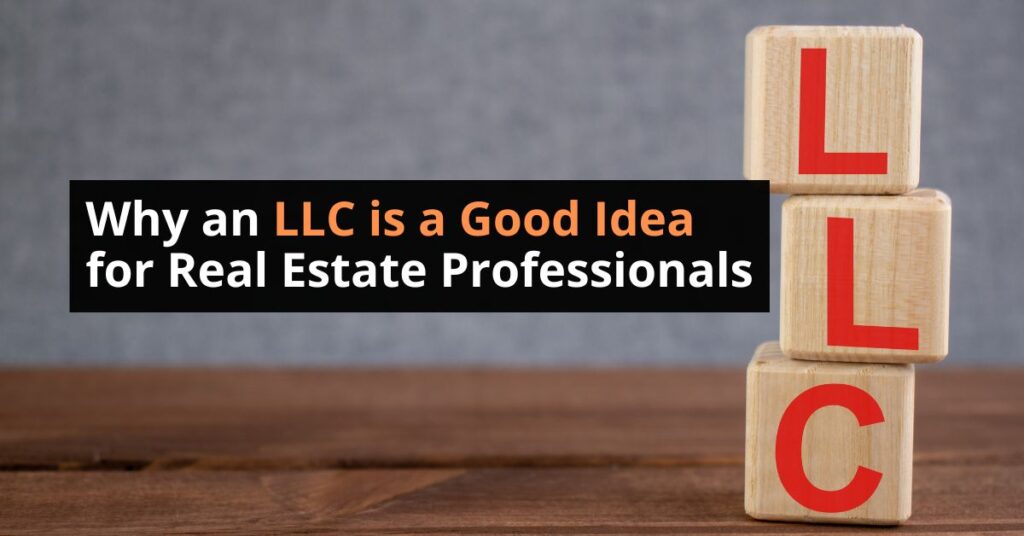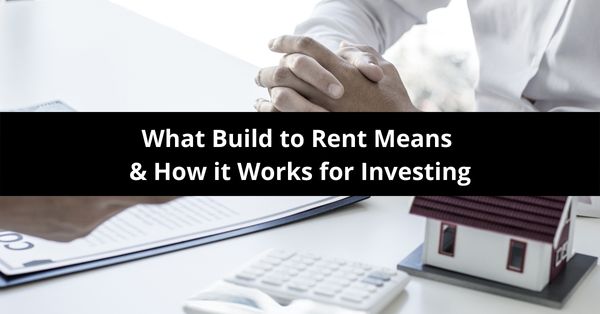VRBO vs. Airbnb: Key Differences for Real Estate Investors
Ever thought of investing in a vacation rental? There are approximately 785,000 investors with the same idea, making up a $64 billion market and over 2.4 million rental homes. But where do you start? This blog will explore the two most popular apps for vacation rentals, Airbnb and Vrbo and their benefits and downfalls for …
VRBO vs. Airbnb: Key Differences for Real Estate Investors Read More »










